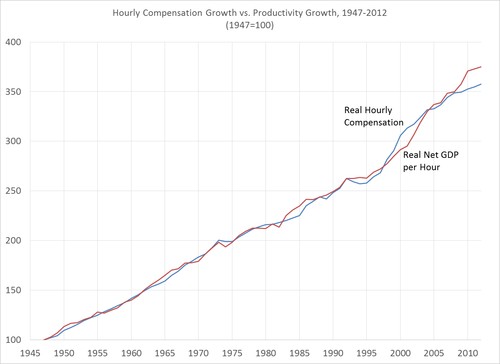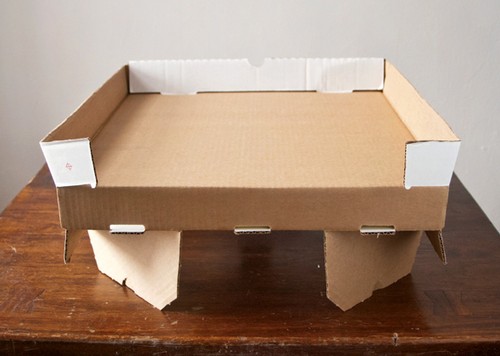This op-ed is a good example of why I dislike the New York Times editorial page.
That is why the minimum wage debate resonates so profoundly with so many: We know what it feels like to not have enough money after you’ve busted your body with too-hard work. We know the worry in parents’ eyes as they sit around a dinner table littered with more bills than dollar bills, trying to figure out whom to pay and how to save.
These scenes play themselves out in more American households than the well-dressed men and women in the marbled halls of Congress will ever care to imagine.
Raising the minimum wage won’t erase all of the problems of the poor, but it is one component, one rooted in basic dignity and fairness, of a much fairer picture of income inequality and poverty.
… But, as one would expect, Republicans in Congress are chafing.
… This week, the Republican governor of Oklahoma, Mary Fallin, signed a bill banning the state’s cities from “establishing mandatory minimum wages or vacation and sick-day requirements,” according to The Associated Press.
How callous is that?
… Now, if both sides are playing politics with the minimum wage to some degree, which side would you rather be on: that of the working people, who are struggling to make a living, or that of the politicians determined to block them?
Charles M. Blow presents a very stark view of an issue: you're either on the side of the working poor or you're a callous well-dressed Republican who's determined to stand in the way of the working poor. He assiduously ignores any evidence that opponents of the minimum wage might also care for the poor and might be concerned about their welfare. In Blow's world the facts are simple: when Congress votes to raise the minimum wage, everyone earning the minimum wage is immediately made better off and no one suffers. Only the callous and evil could stand against that.
But the issue isn't that simple. Raising the minimum wage will cause some workers to lose their jobs—their employer will not be able to employ as many people at a higher price as she did at a lower price. Raising the minimum wage will cause other would-be workers to never get a job offer—at a higher price, employers will be less willing to take a chance on iffy job candidates.
Raising the minimum wage will make some jobs less pleasant—at a higher price, employers will be less willing to provide amenities or break times. There are, in fact, a lot of ways that a minimum wage job could get worse. For instance, the employer could be come less tolerant of employees clocking in a few minutes late. She could stop providing free uniforms and begin forcing to employees to purchase their uniforms. She could reduce the amount of on-the-job training she offers and begin hiring only fully qualified employees, cutting off a source of jobs for lower skilled employees.
No. Raising the minimum wage is not a clear cut, indisputable way to improve the lives of the working poor. It will, undoubtedly, improve the lives of some of the working poor. It will also force some into unemployment, prevent others from getting a job in the first place, and make the workplace more miserable for still others.
I oppose a minimum wage increase. Not because I'm callous, well-dressed, and uncaring. I oppose it because I have a bleeding heart, I'm sloppily dressed, and I care. And I'm angered that Charles M. Blow would choose to promote his policy position by completely ignoring my arguments and ascribing only evil motives to me and those who think as I do.

